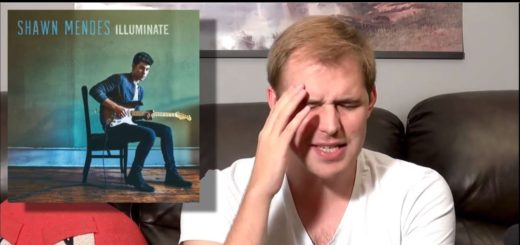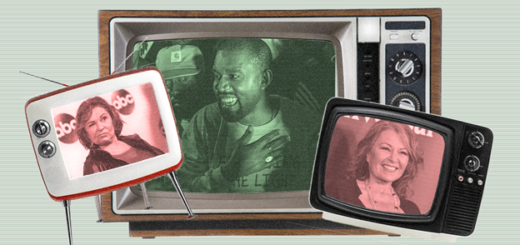Crossfader’s Tribute to Tom Petty
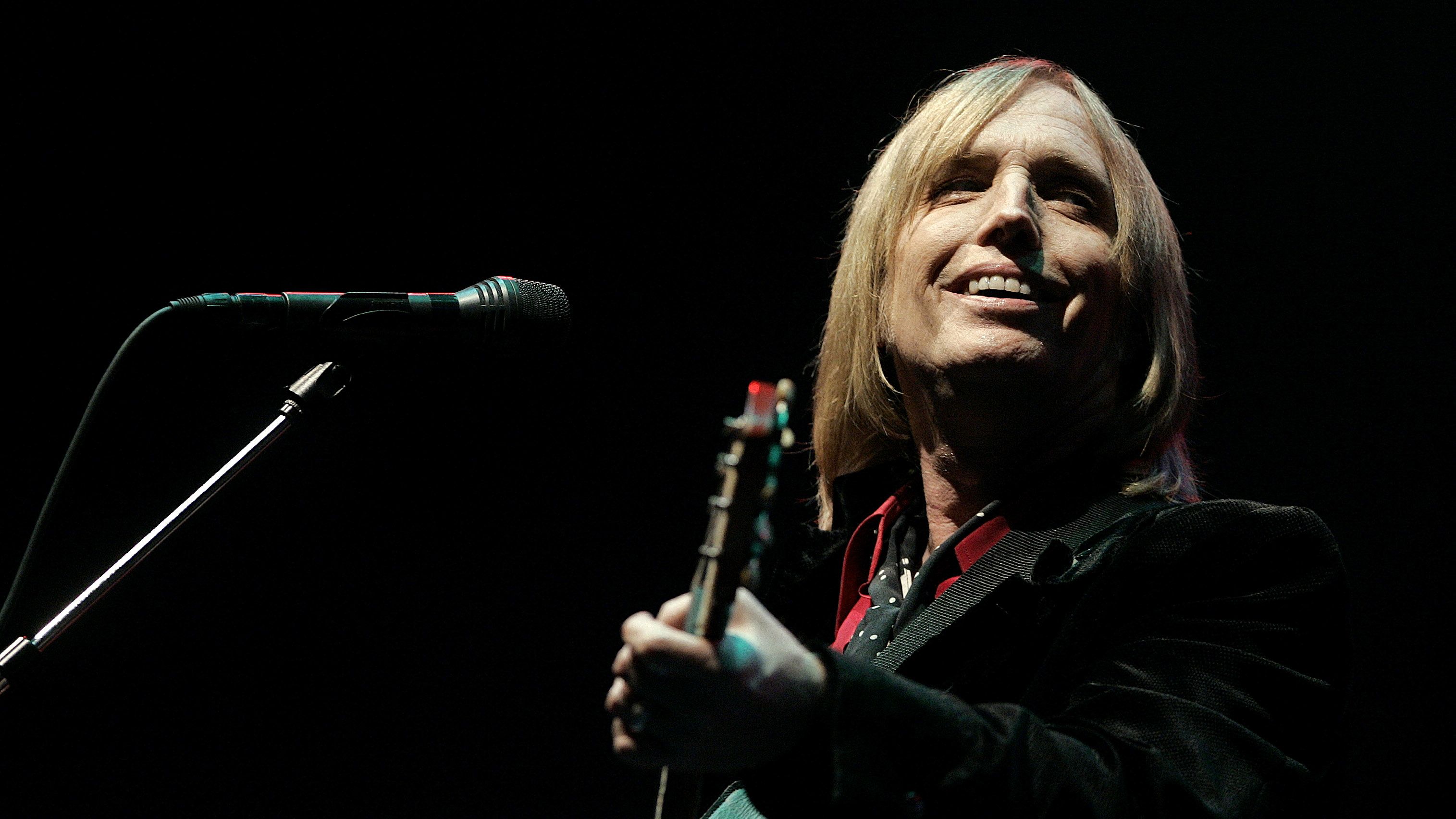
There will never be another Tom Petty. At least, I don’t think there will ever be another Tom Petty.
That’s the kind of jive, obvious bullshit that obituaries always say about celebrities. “There will never be another _______,” and as true a fact as it might be, it will never not be a stupidly obvious thing to say. But with Petty, his individuality in the world of classic rock really is fascinating and unattainable.
Let’s consider a few things.
If we start at the beginning, Petty released the most classic rock classic rock album (perhaps of all time) in TOM PETTY & THE HEARTBREAKERS. The year was 1976, and his debut featured both “Breakdown” and “American Girl.” Those songs would go on to be two of the biggest singles of the 70s, the latter of which is considered, by some, to be one of the best songs of all time. That alone would be considered a great achievement and would be worth mourning. But for that same artist to then release, by my count, seven classic rock radio staples from 1989 to 1993 isn’t just laughable, it’s improbable. That’s just not how artists from the 1970s worked—they burned bright and fast, and their later success was often times dictated through reinvention, not through refinement. To play 1993’s “Mary Jane’s Last Dance” next to 1981’s “The Waiting” and hear someone so singularly focused on presenting heartland rock and roll music, music that wasn’t just well made, but was also accepted by mainstream radio, is an incredible achievement. Through a 17-year run of Petty being Petty, he BECAME classic rock radio through continually creating an uncompromising sound of America.
But secondly, and this is the kicker, is that in spite of all of this, Tom Petty was never uncool. You could count on one hand the number of artists who made rock music for over 20 years without ever really compromising or bending to the sounds of the mainstream, but almost all of those artists, either through becoming overplayed, overexposed, or contrived by the times, became uncool. U2 have had an unprecedented run on mainstream rock radio, and while they’ve just recently realized they’re a nostalgia act, they became uncool relatively instantly. The Rolling Stones had an insane run as well, but between their unfortunate ‘80s output and becoming the general embodiment of “selling out,” they became uncool as well. Tom Petty, meanwhile, released hit after hit after hit and, in spite of inarguably being overplayed on classic rock radio, is lauded, respected, and enjoyed. The closest he really ever got to being uncool was when David Spade played him on SNL, and even THAT was done with an awareness that David Spade will never be as cool as Tom Petty. I am genuinely unsure if people even have the capacity to hate Tom Petty; his music is so ubiquitous to the idea of American rock and roll that I’m not sure what the genre would do without him.
So I’ll stand by what I said: there will never be another Tom Petty. I’m not sure it’s possible to be so universally accepted through so many different avenues: his solo career, his work with Mike Campbell and The Heartbreakers, his underrated side project Mudcrutch, his standout work with Stevie Nicks, being a part of the biggest supergroup to ever happen in the Traveling Wilburys . . . the list goes on. Remember that Petty was also a part of one of the 10 greatest televised musical performances of all time, alongside motherfucking Prince. There will truly never be a living embodiment of rock and roll quite as beloved as the eternally cool Tom Petty. Rest in peace.
— CJ Simonson, Crossfader Music Editor
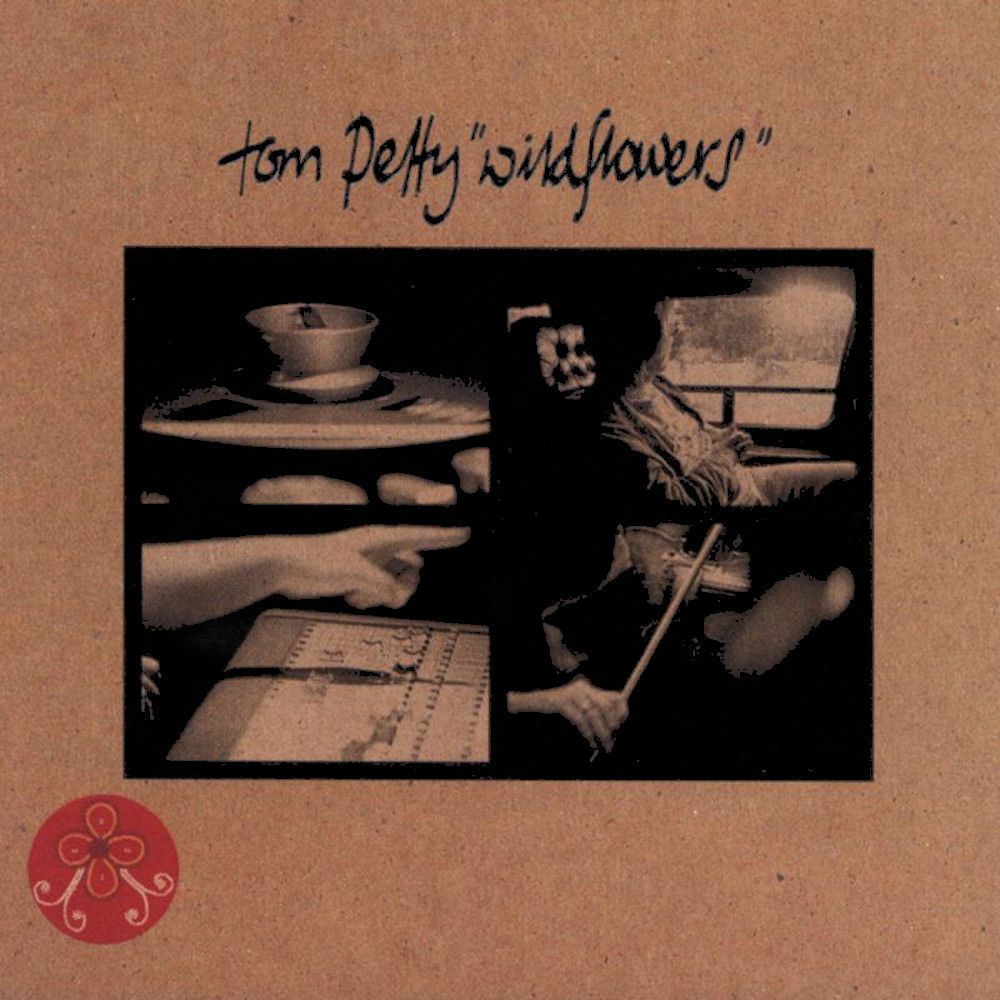
“Wildflowers” from WILDFLOWERS
Tom Petty arguably shaped my love for music more than any other artist. Tom Petty and the Heartbreakers was the first concert I ever went to, and seeing them live at age 10 single-handedly showed me the mysterious and beautiful power that rock and roll holds over my life. Petty’s GREATEST HITS was the first of many CDs I indefinitely borrowed from my dad’s music collection, and within a week of hearing so many timeless songs, I had taught myself almost all of them on the drums.
My sophomore year of high school my guitar teacher played the song “Wildflowers” for me, and hearing it for the first time in years, as a teenager, reminded me how much Petty has forever impacted me. A few days before Petty’s passing I was struck with a random urge to play that song for the first time in four years. Revisiting it at 19 sparked the same lust for music that ‘Wildflowers” ignited at both the ages of 10 and 16, as I’m sure it will for the rest of my life.
Though so many of Petty’s songs will always mean so much more to me than I can put into words, something about “Wildflowers” eternally captivates me in a way that few other songs can. Tom, you will be missed, but the soundtrack you’ve graced my life and the the lives of so many people around me with is everlasting. [Ted Davis]
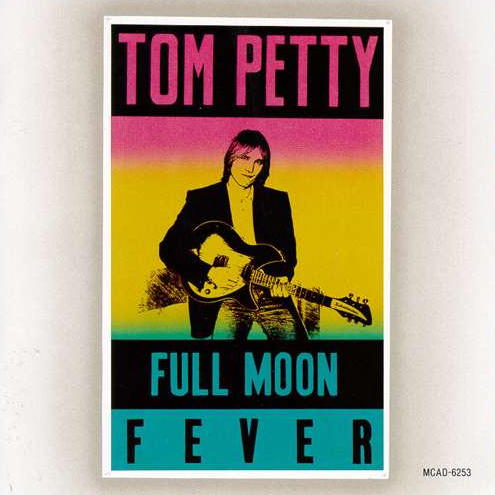
“Yer So Bad” from FULL MOON FEVER
It’s sort of bizarre how “Yer So Bad,” a song that even amongst Petty’s fairly rudimentary approach to songwriting and melody sounds like it could have been written by a seven-year-old, is, in my opinion, one of his most affecting songs, full stop. It honestly may have been the time in my life in which I heard it the most, crashing in a friend’s garage immediately post-breakup and hitting a low point in confidence, depression, and just about every other aspect of my life, but I heard something deeply sad underneath this song.
It felt like a vehement denial of the narrator’s reality, triggered by a deep sadness found in some of Petty’s greatest tunes (“American Girl” and “Free Fallin’” immediately come to mind) that I related to on a personal level at the time. Plus, there is some explicit pessimism to the song through the narrator’s reflection on his sister’s marriage and his allusion to a “world gone mad.” But, after hearing the song on the CD player at a job I absolutely loathed, I listened to it countless times.
“Yer So Bad” is like the low-fat version Tom Petty. Even if it’s dark and tragic underneath its shiny, mainstream-friendly exterior, it’s also profoundly uplifting and relentlessly optimistic. Petty was most concerned as a writer by finding ways to lift himself up out of darkness by any means necessary, whether it’s through melancholic reflection, a shitload of weed, or wildly optimistic self-affirmation. “Yer So Bad” and its 11 lines of simple, rhyming couplets became a way for me to reflect both on the joys of that relationship and on the reasons it ended. I had always been a big fan, but the song reminded me of the value of simplicity and allowing a song to breathe and to be open so that sad shitheads like me can get something out of it that may have not been there intentionally. [Adam Cash]
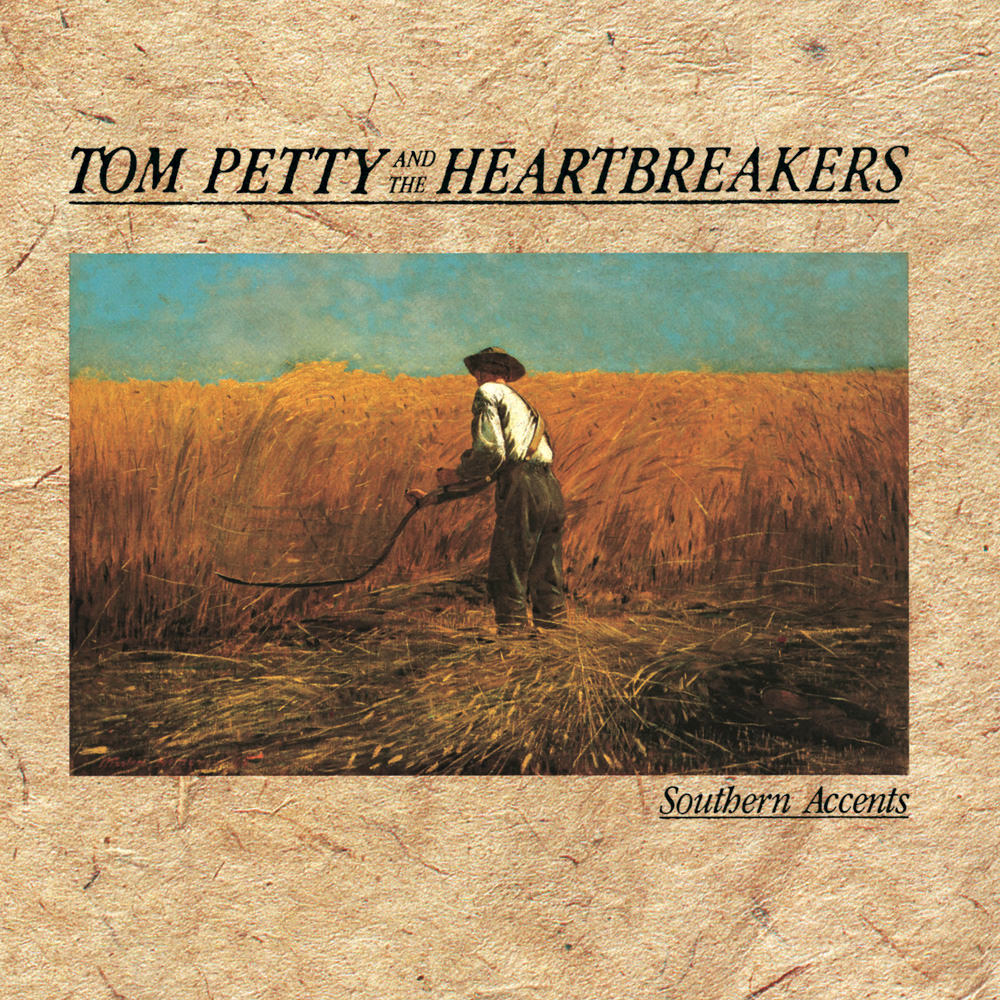
“Don’t Come Around Here No More” from SOUTHERN ACCENTS
Ever the contrarian, I’m sure it comes as a surprise to almost nobody that the Tom Petty song I’d pick would be the sole counterargument to all that our esteemed music editor said above about how Petty wouldn’t back down in the face of the demands for reinvention that the ‘80s and ‘90s would have upon the rock sound as we know it, always playing it the way The Motherfuckin’ Pet (a nickname for him endorsed by nobody apart from me) wanted to play it. Make no mistake, “Don’t Come Around Here No More” is a hit. But it’s certainly a weird one, by hook or by crook. It’s interesting to realize how the general consensus about Petty is that evaluative judgments of his music are a fool’s game at best; regardless of whether you like it or not, he almost immediately established himself as resolutely essential to radio pop rock, and the eternal nature of his catalog is where most of the appreciation for him lies. But I beleive that “Don’t Come Around Here No More” is one of the few risks he took, at least in terms of his canon, and I think it paid off in spades.
“Don’t Come Around Here No More” drips of the ‘80s, due in large part to the fact that it’s a (somewhat) uncredited collaboration with David A. Stewart of Eurythmics. Gone are the soaring guitar licks and stadium-ready choruses. In their places are a comparatively odd drum loop in terms of its pounding punctuation, a hypnotic electric sitar, and a whole cavalcade of gospel-lite vocal backing tracks, jaunty and cheerful keyboard licks, and an overly enunciated sneer and drawl on behalf of Petty. I know, I know, floundering around trying to think of creative ways to describe his music kind of defeats the “point” of Tom Petty, but this one fully earns it. You’ll have to have an ear for a bit of shlock and cheese, but if you can swallow the earnestly corny shouts of “Hey” and the dichotomous blend of the strings and the synthesizers, you’re in for one treat. When it all builds to a head towards the finale as The Motherfuckin’ Pet lets himself out of his own goddamned cage and we’re treated to a triumphant climax of classic guitar solo swagger and transcendent yelps of the chorus? Pure bliss.
But, for the more personal connection to the song. Mental health a year out of college is a delicate thing, and in March of this year, I wasn’t doing too hot. I wasn’t so much depressed as much as I quite literally felt nothing—sitting in your boxers at your parents’ house all day doing remote, part-time work and sending literal hundreds of job applications that all get rejected will do that to you. The days were a haze and it felt like there was nothing behind my eyes. During the second week of March I listened to “Don’t Come Around Here No More” a total of 127 times. Yes, that is having it on repeat for the virtual entirety of the day. Why? Well, tying back into a brief discussion of its musicality, it’s a very hypnotic track, with lyrical minimalism, an ever-beating rhythmic core, and a droning backdrop courtesy of Stewart’s sitar. It filled my head with something, providing one of the only solid anchors in a sea of vague yet overwhelming melancholy—if there was nothing else to do in this world, there was at least the motivation to press play on the track once again. No grand parade, no story of how the lyrics resonated with me or the song itself influenced me in terms of artistic pursuits, but you know what? It was there for me, and sometimes that’s the most important thing of all.
And really, I think what was always most important about Tom Petty for everyone was that he was always there. For about, what, 12 years of your life you don’t really have a social life, and your family doubles as your closest friends. And everywhere you went with your family, be it amusement parks, sports game, piano lessons, or the car ride to school, Tom Petty was on the speaker system or the radio, singing about his last dance with Mary Jane, an American girl, or Free Fallin’. When I think of the summer, when I think of picnics on the beach, when I think of every Fourth of July I can remember, I think of Tom Petty’s voice somewhere in the background. He may no longer be with us, but he will always be a part of our culture as long as there’s a temperature above 85, a grill going, and a beer in hand. To The Motherfuckin’ Pet, I hope you rest easy. [Thomas Seraydarian]

